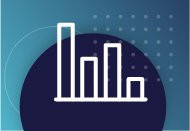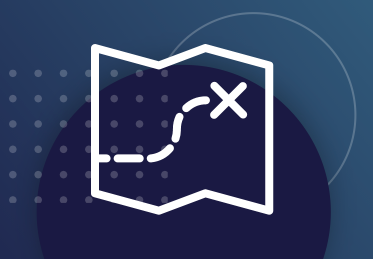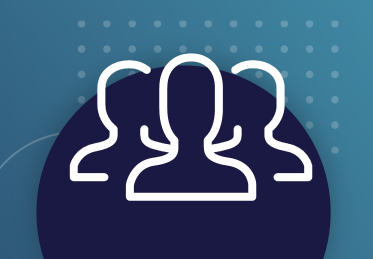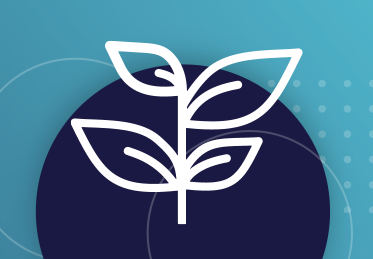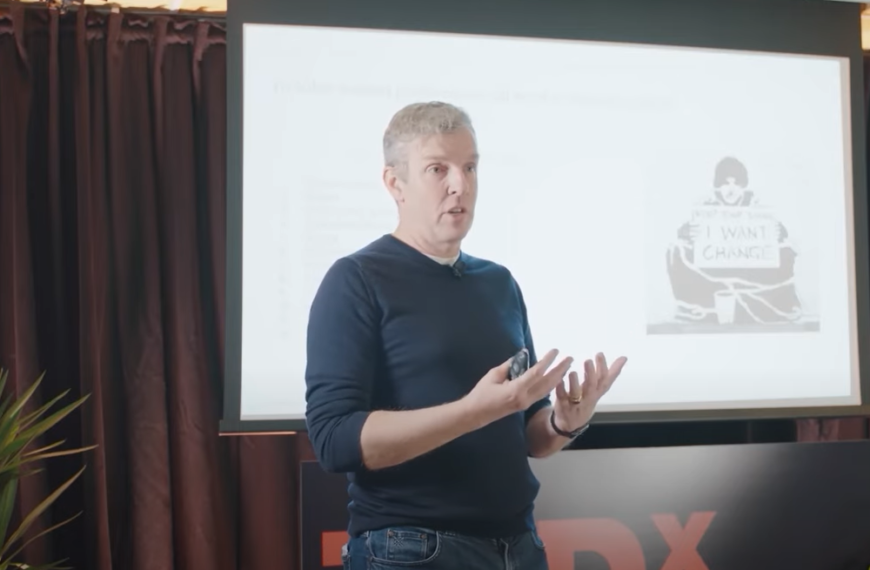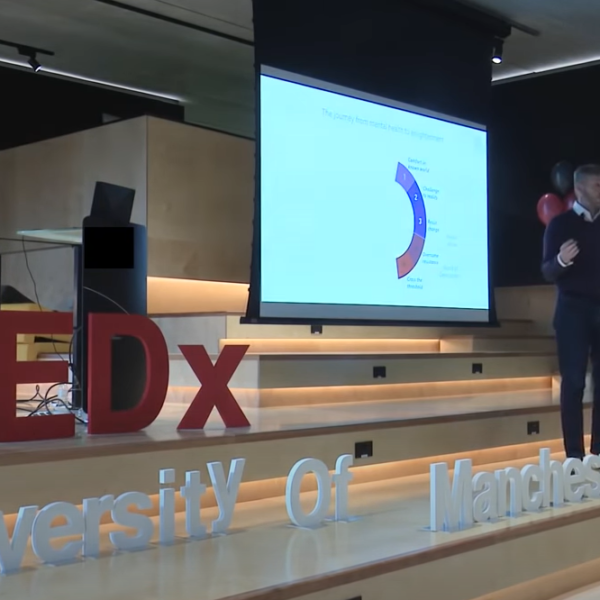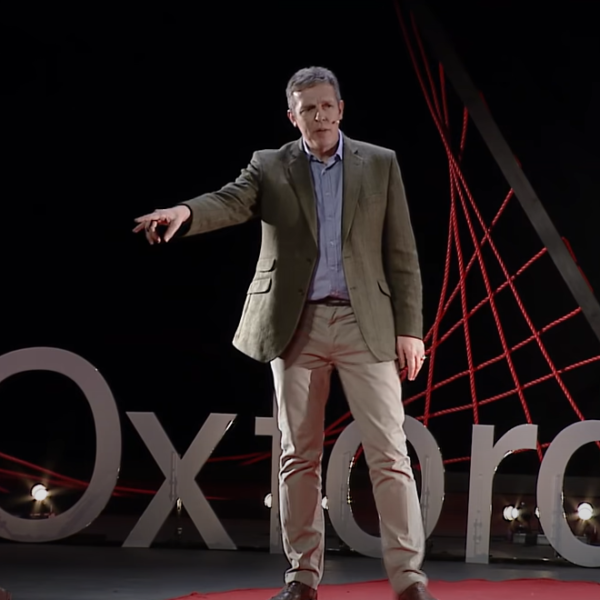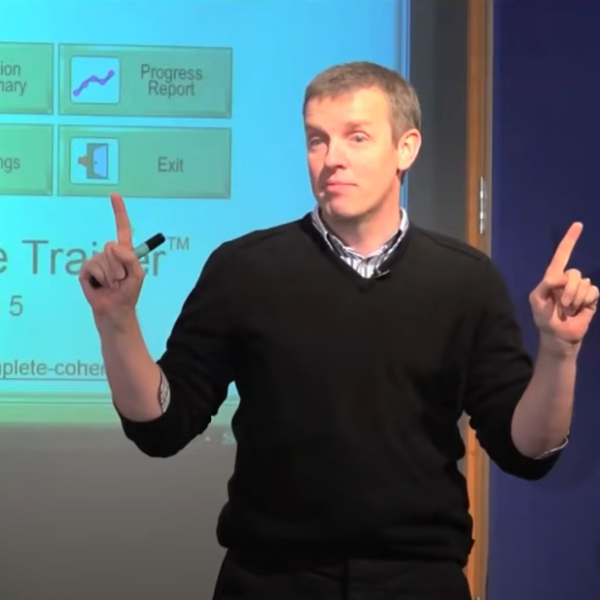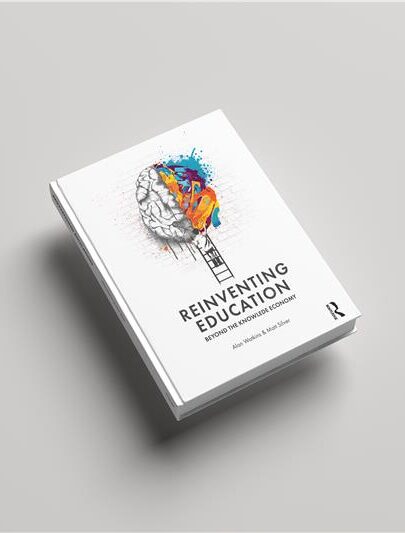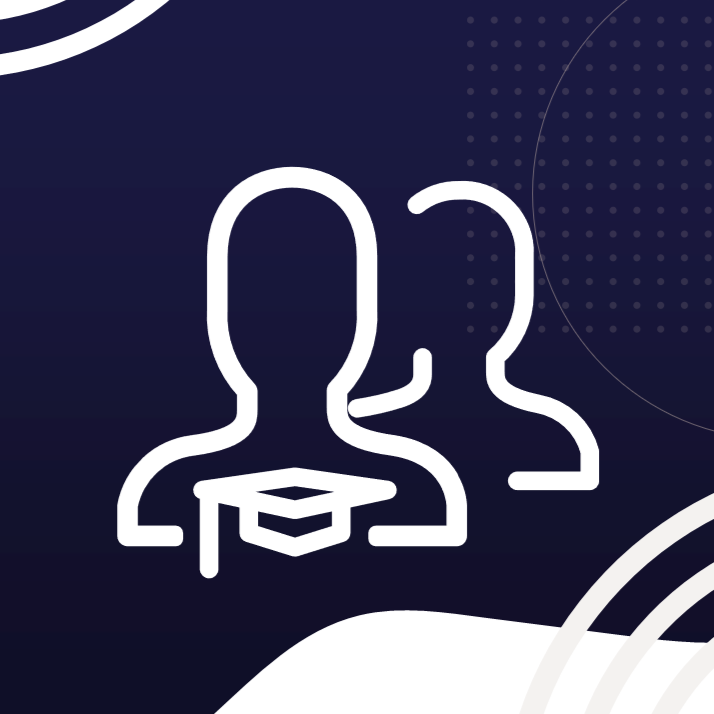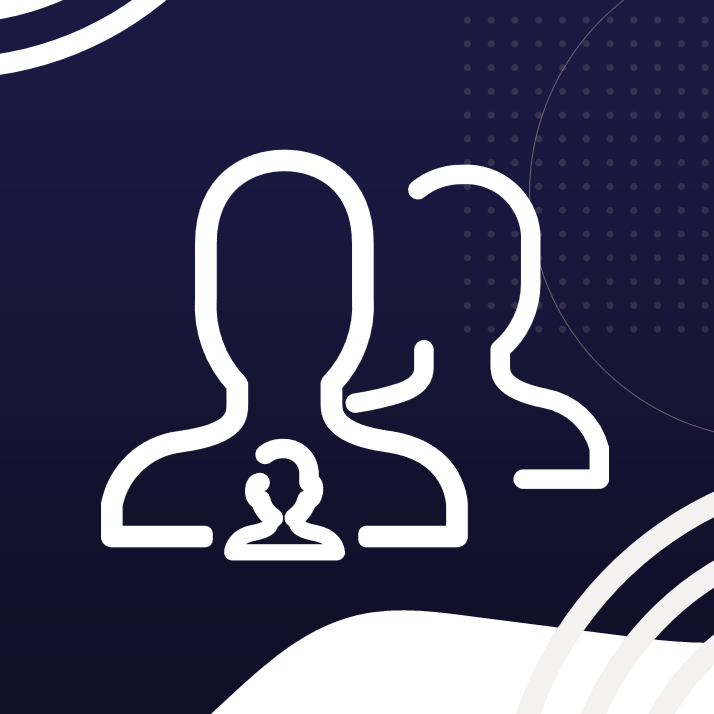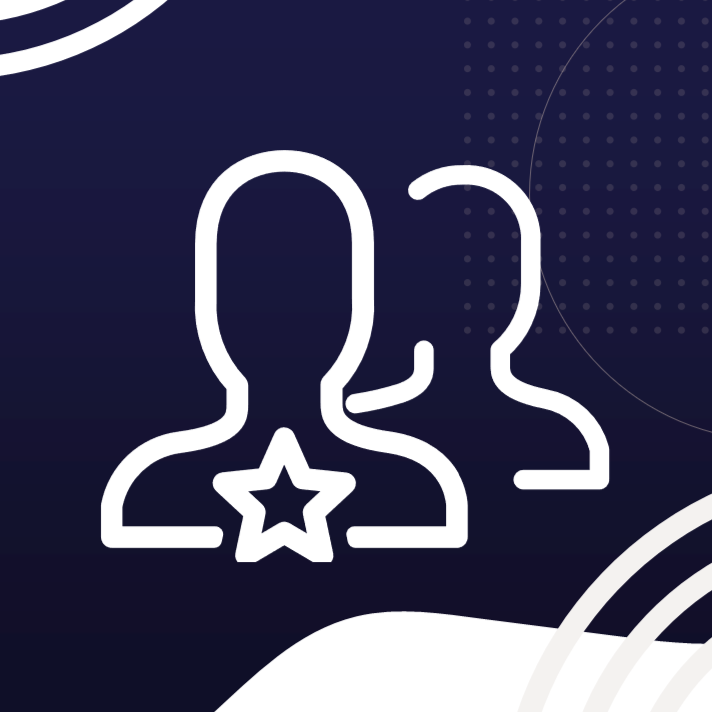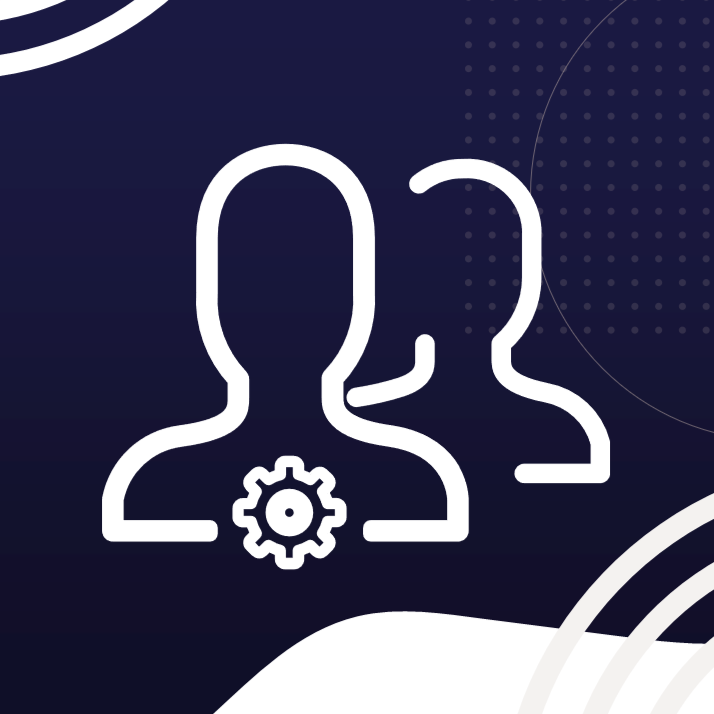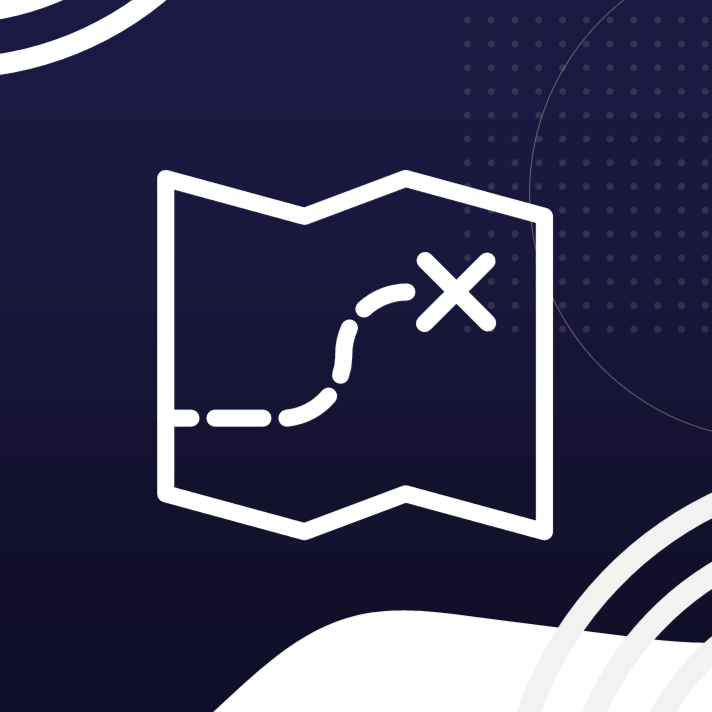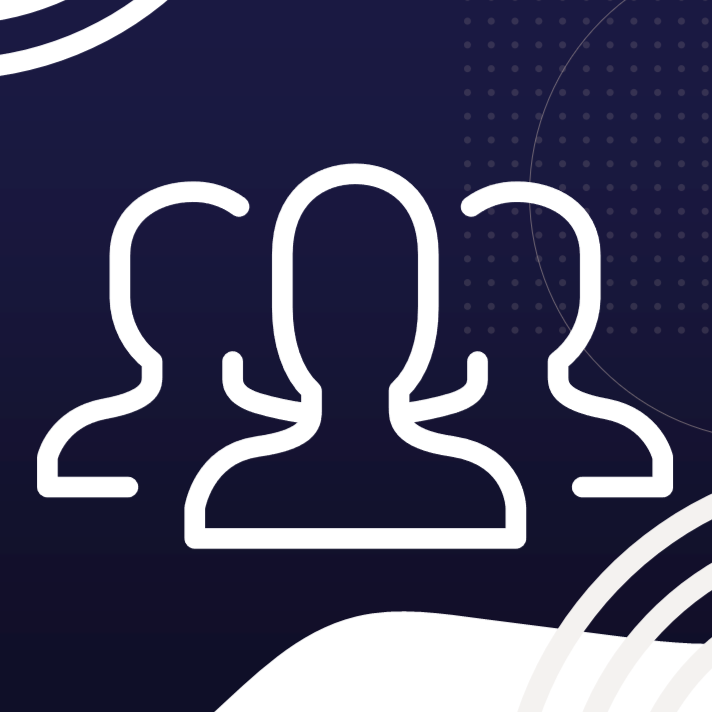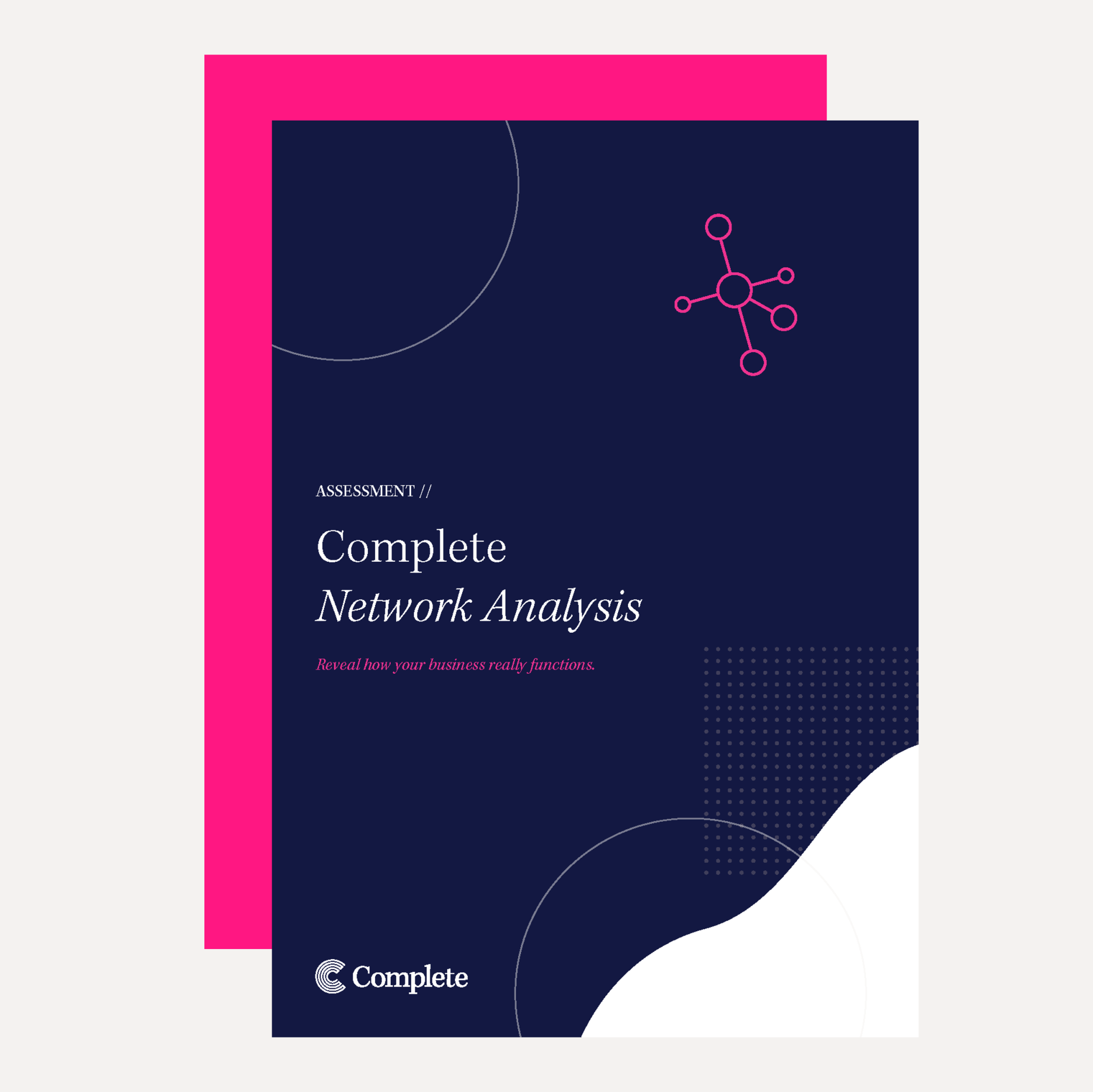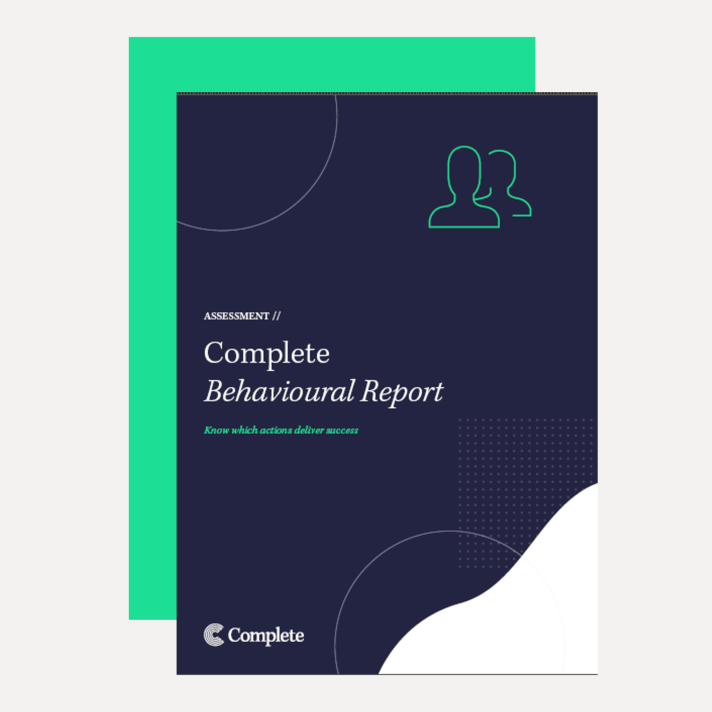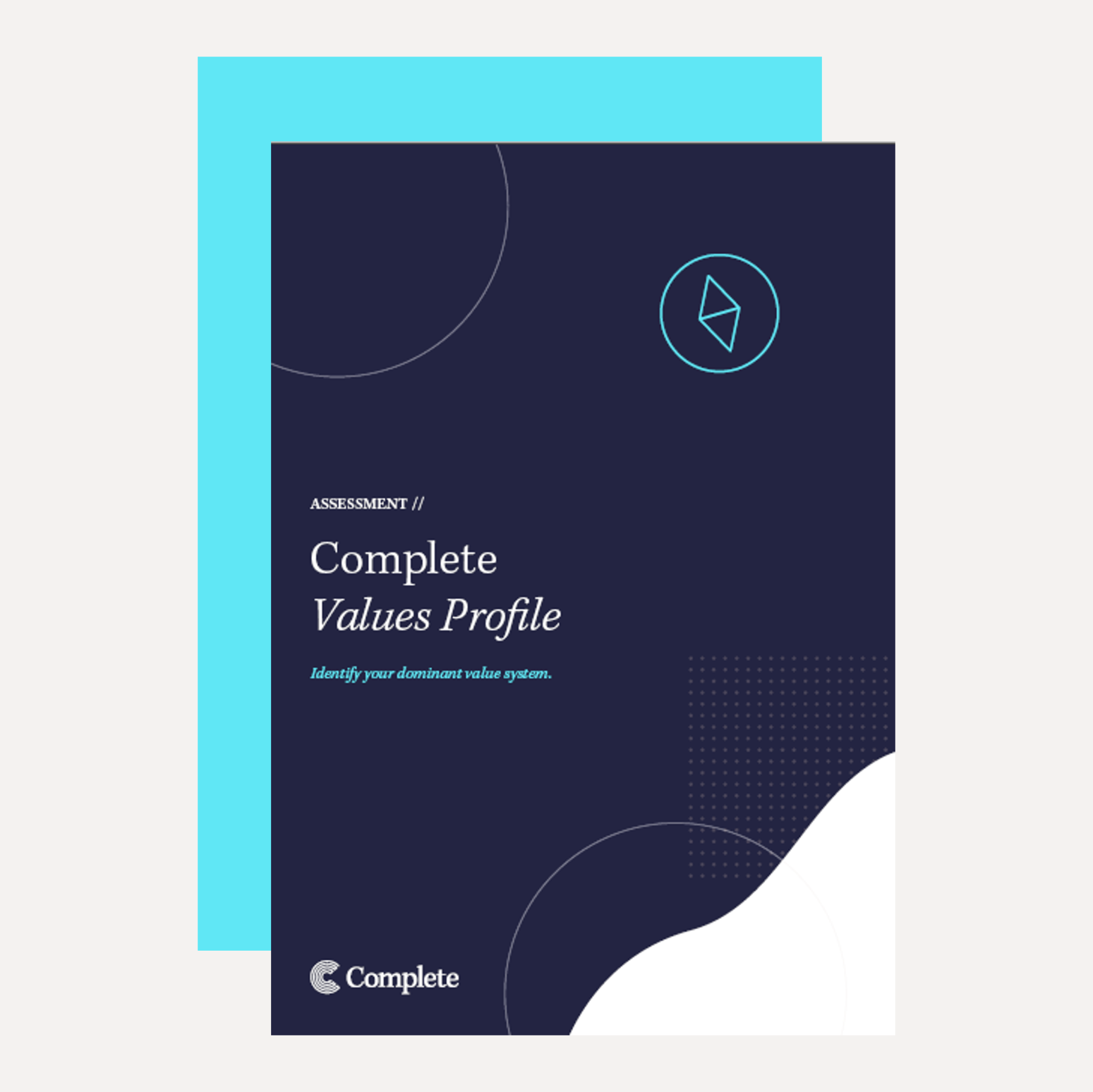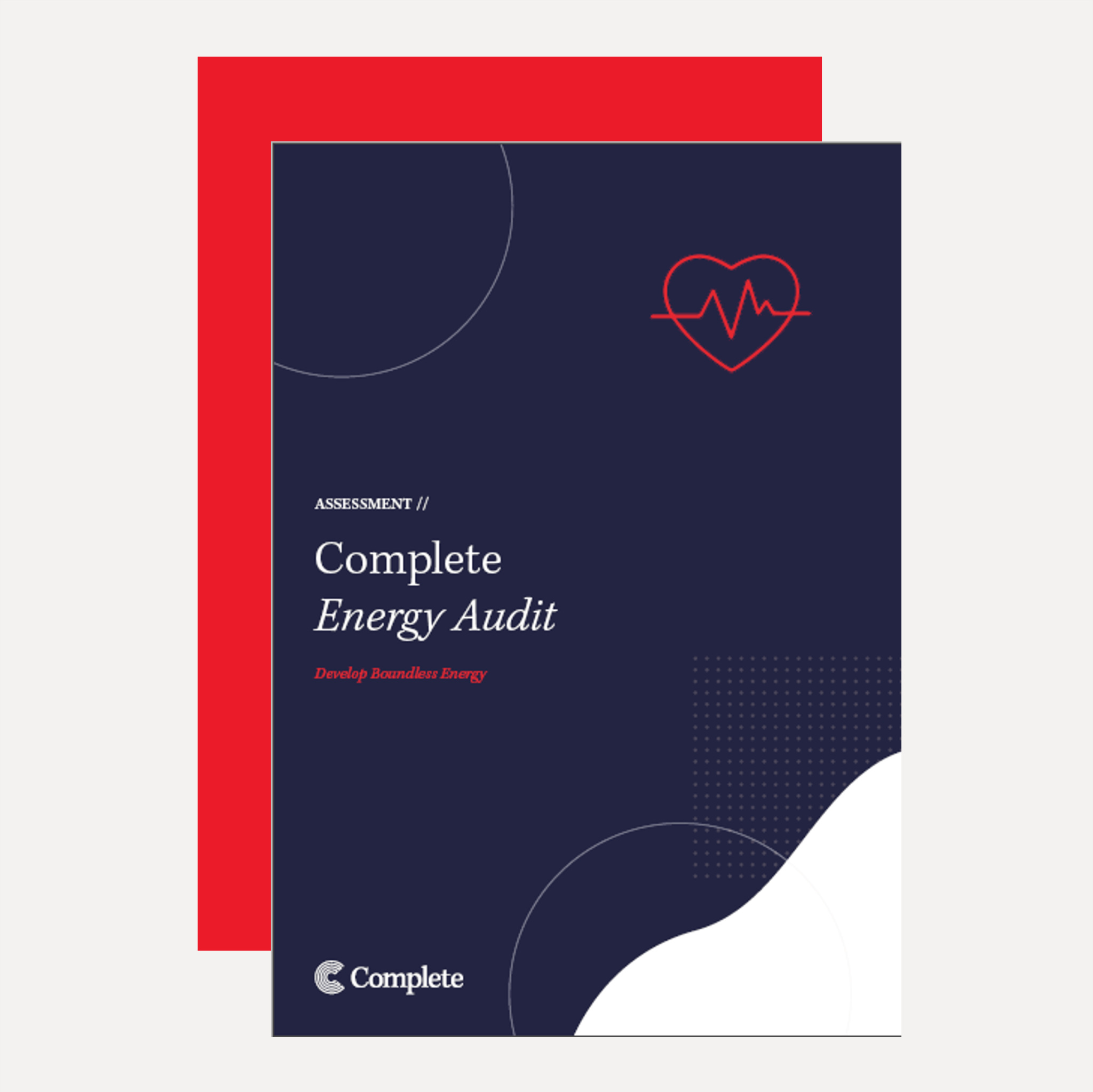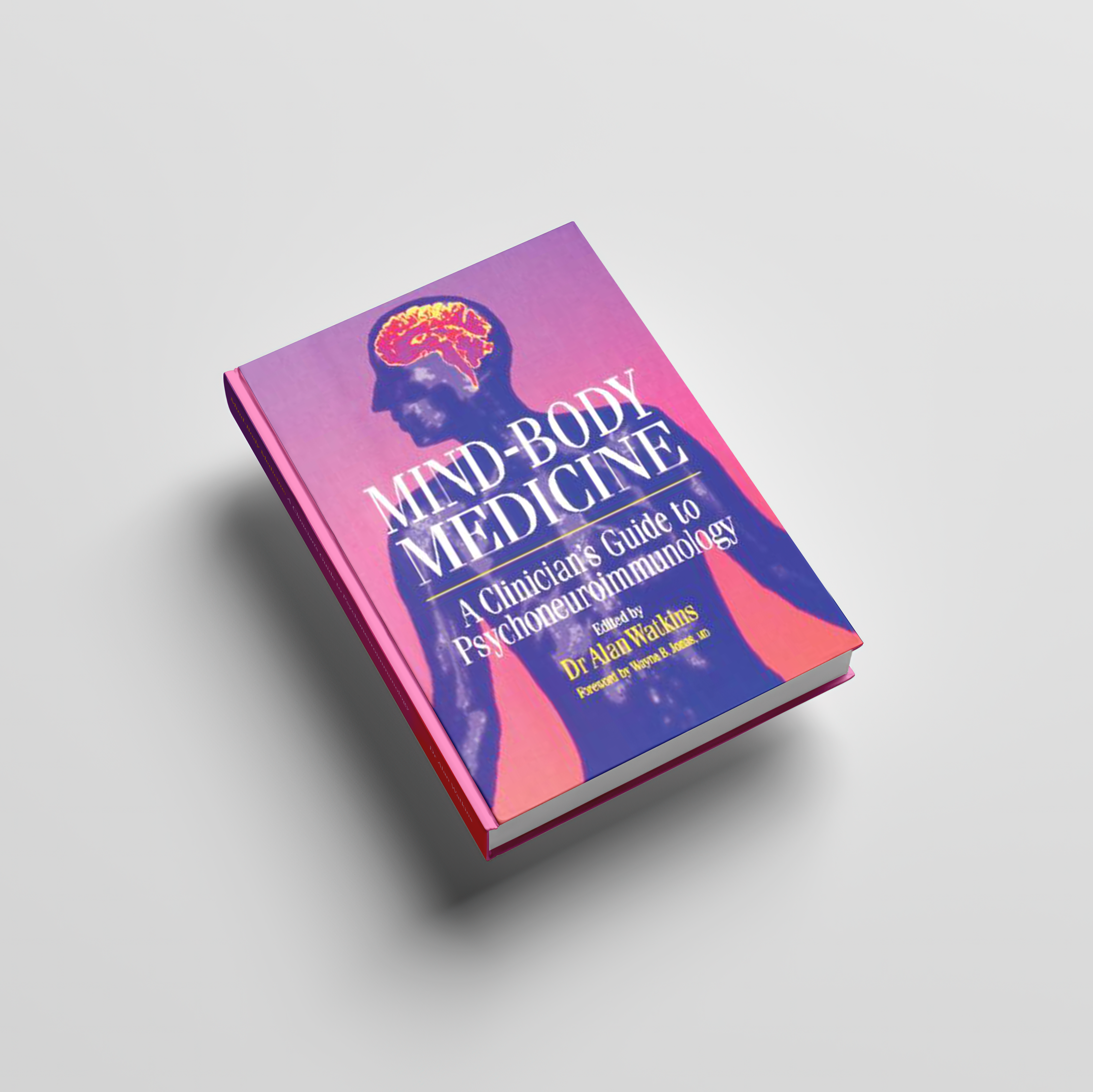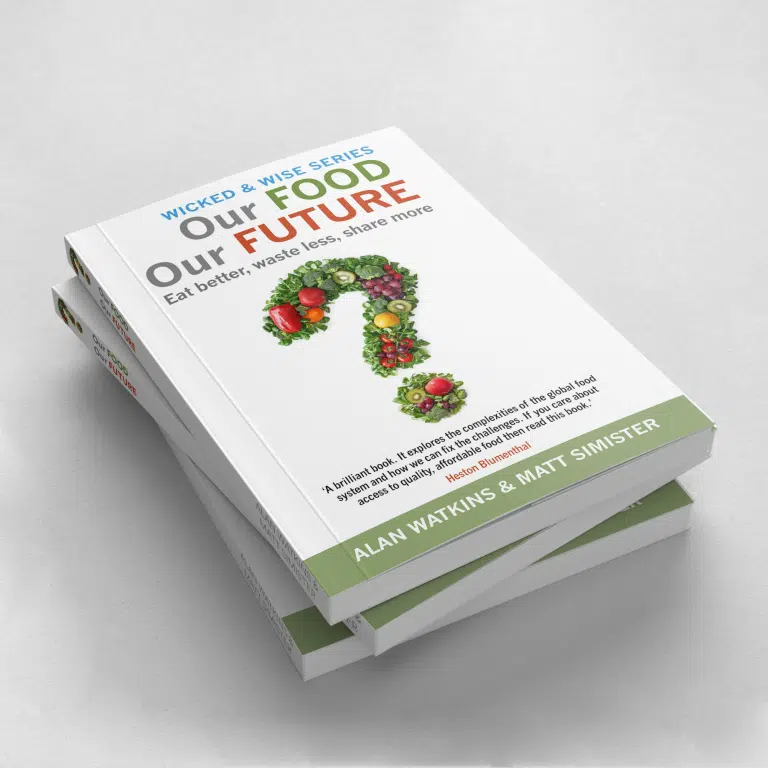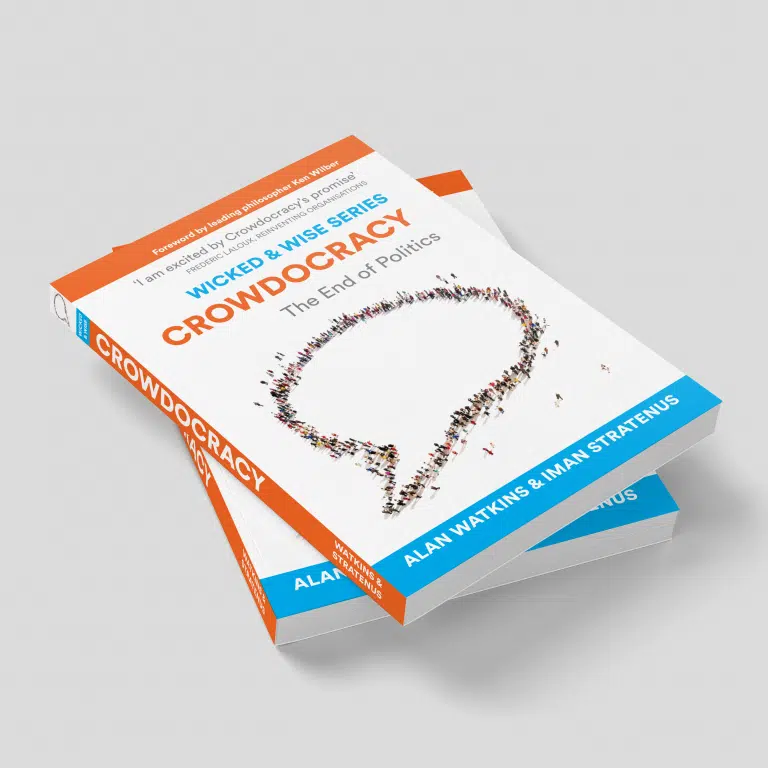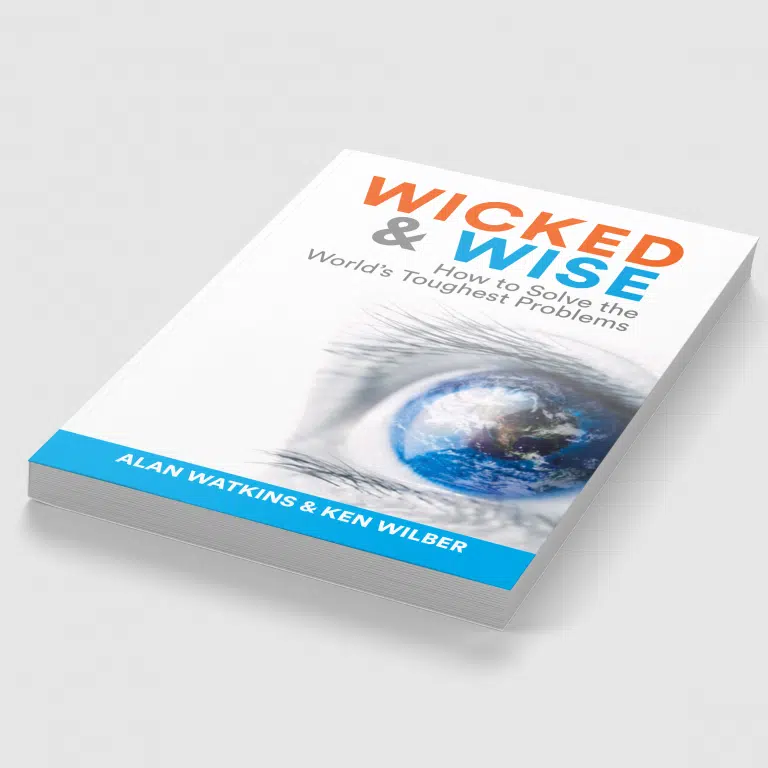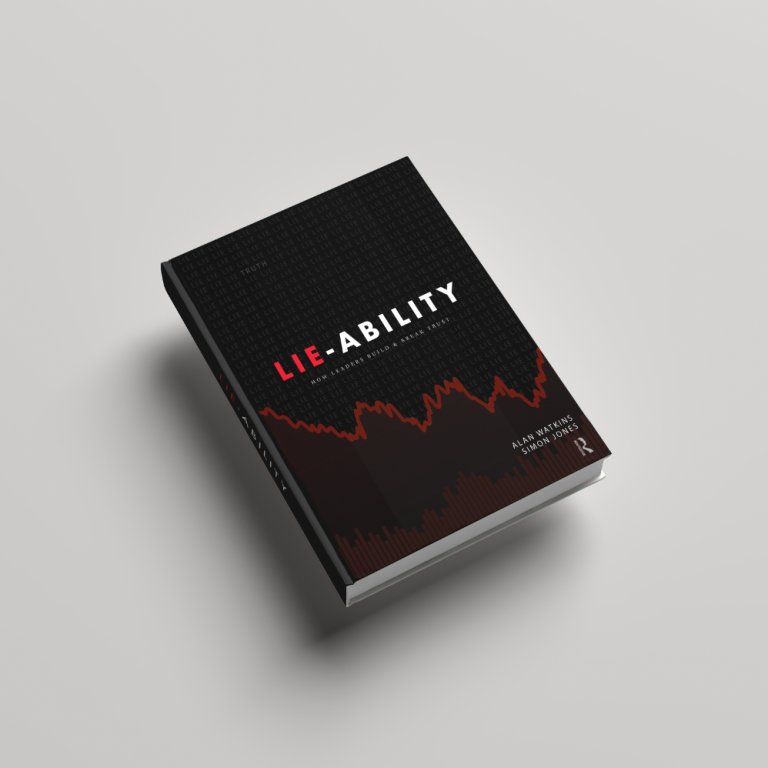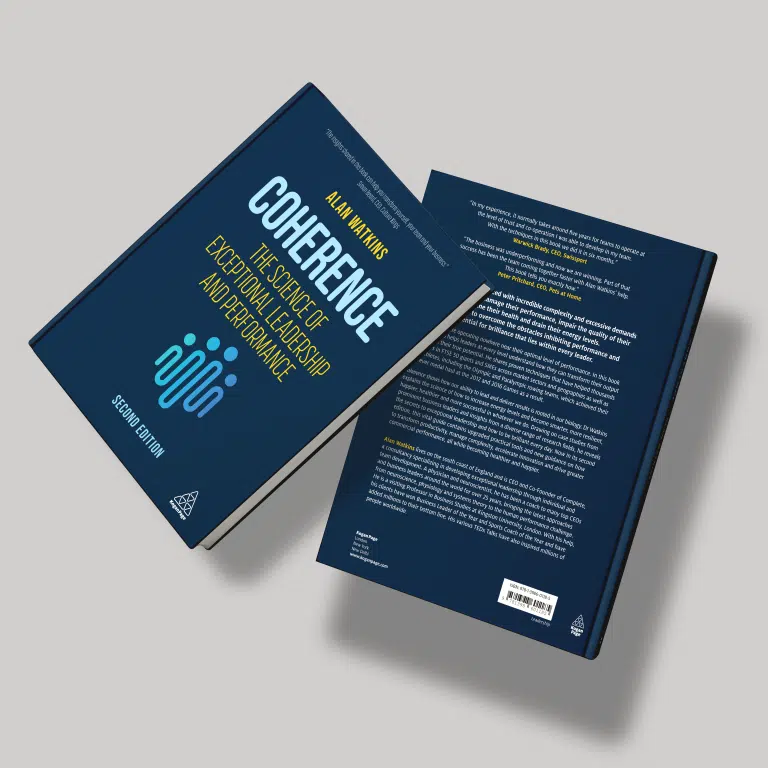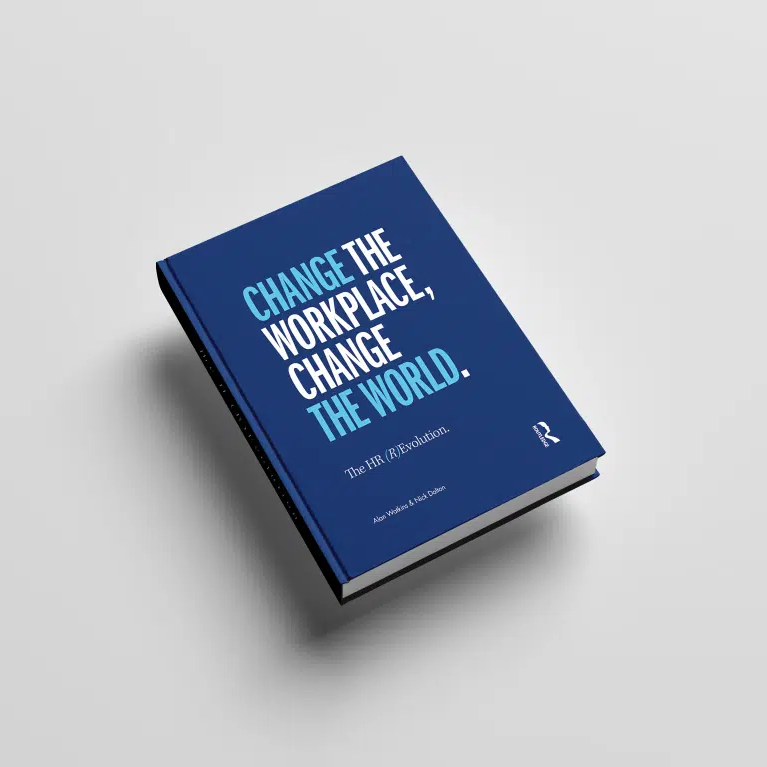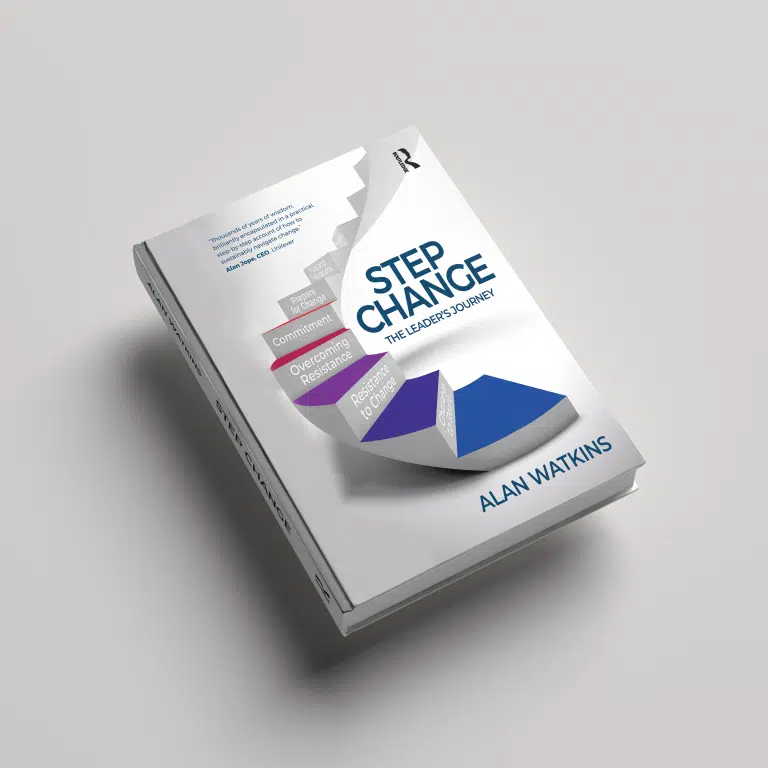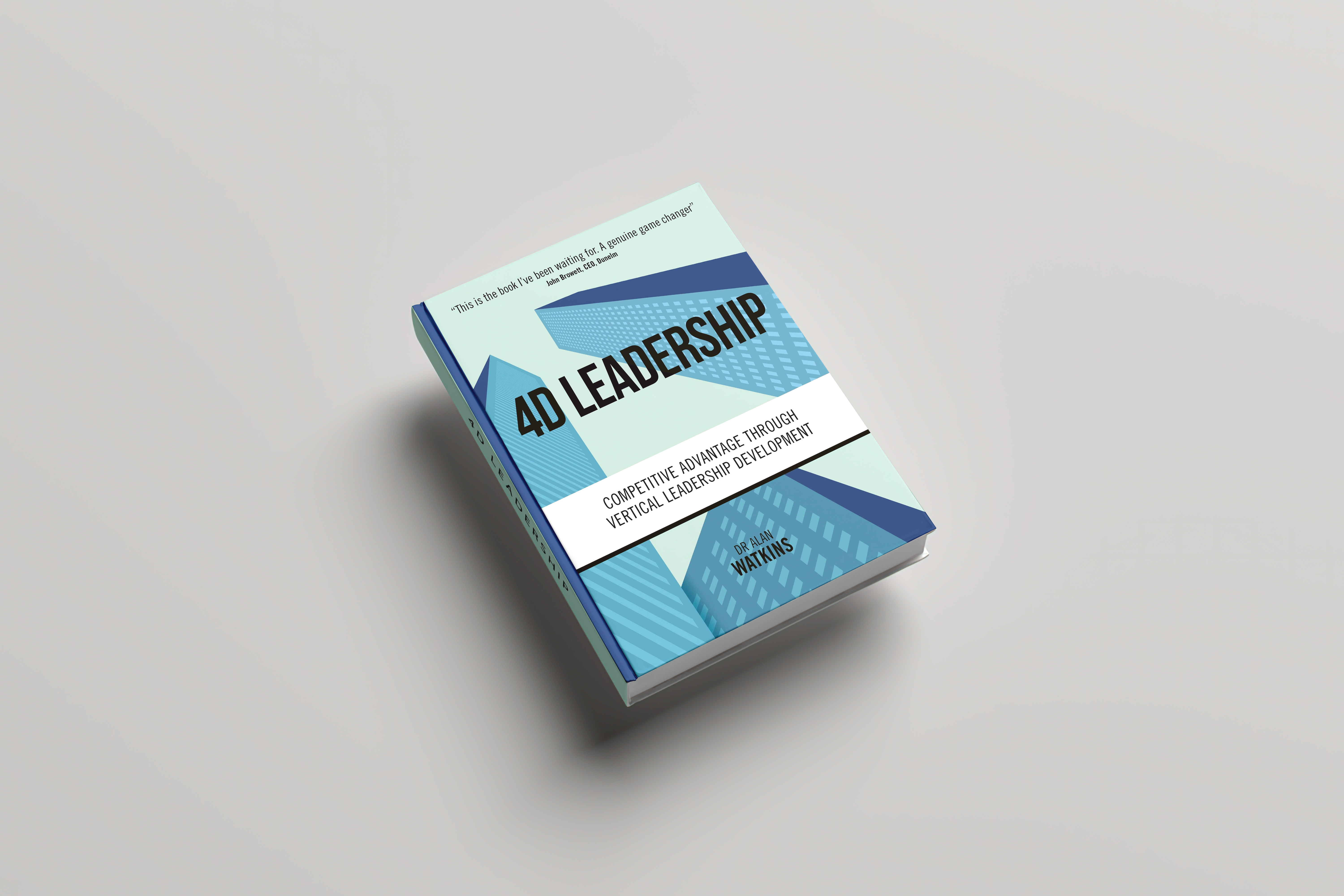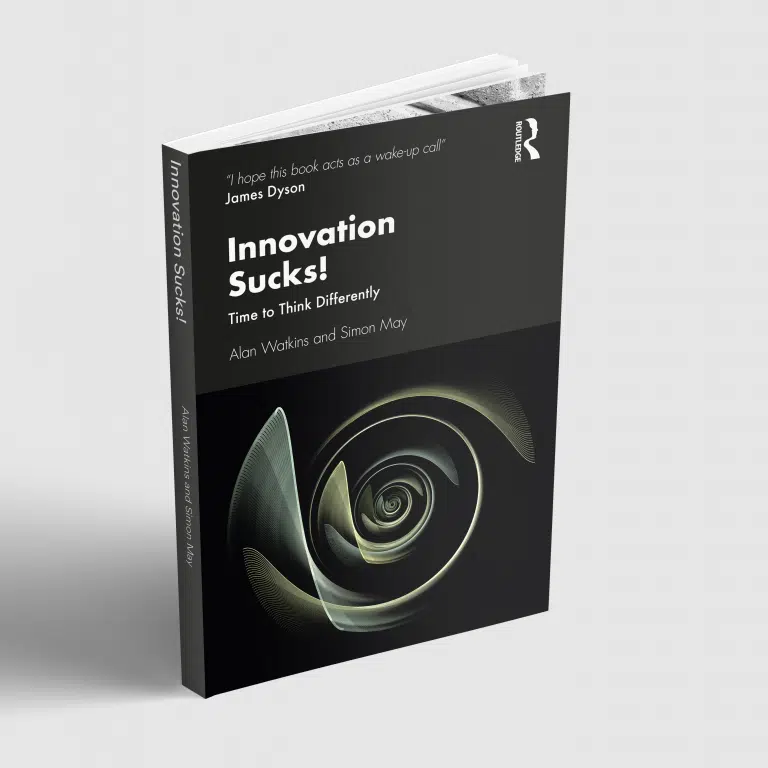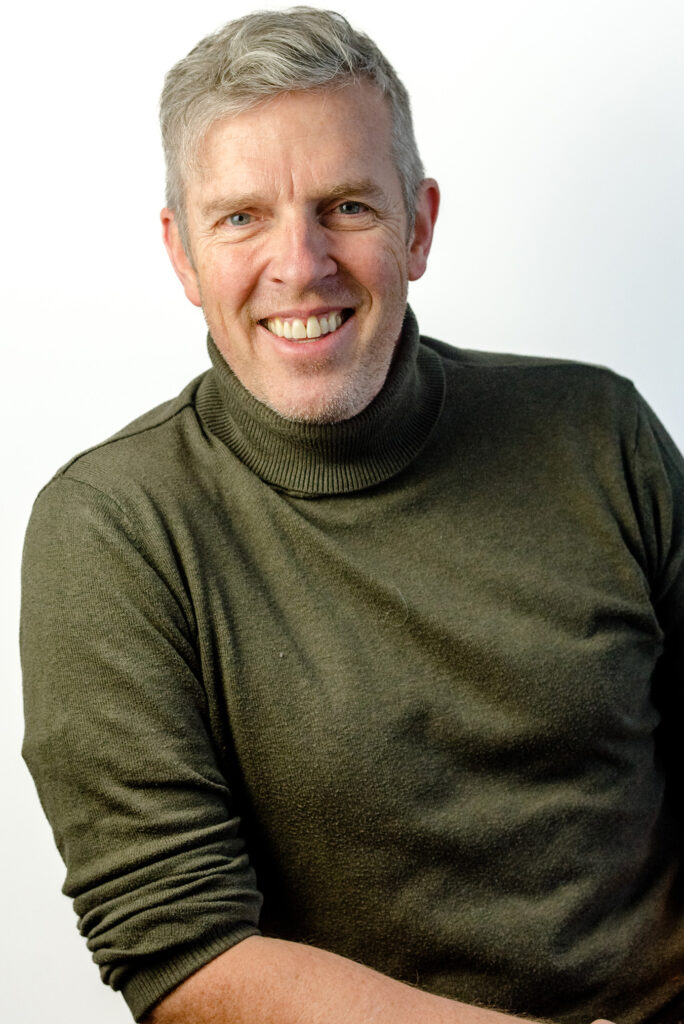Follow us
Get in touch
The home of accelerated growth”
Dr. Alan Watkins
CEO & Co-Founder of Complete
What we can do for you
We help leaders, teams and organisations unlock new levels of capability and performance.
Our approach is integrated and sophisticated, rooted in physiology and neuroscience.
Explore how we can accelerate the growth of your leaders, teams and organisations. Read our case studies.
Get in touch and chat to our team about how we can help you achieve more.
Lines of development
We assess your leaders’ sophistication across the ten lines of development that matter in all organisations. This enables us accurately quantify the ROI we deliver for you. It also helps guide the coaching and development interventions that will deliver your accelerated growth.
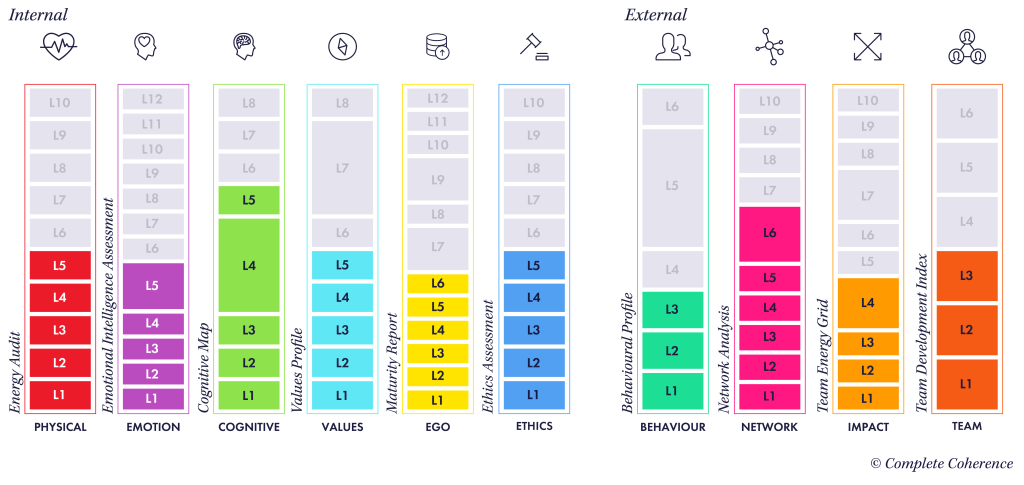
Be Brilliant Every Day!
Discover what you are truly capable of.
The Complete App offers a wide range of skills and programs that are scientifically grounded to support your development with a core focus on emotional development and wellbeing.
Deliver quantifiable returns in terms of improved mental health, emotional development and personal performance.
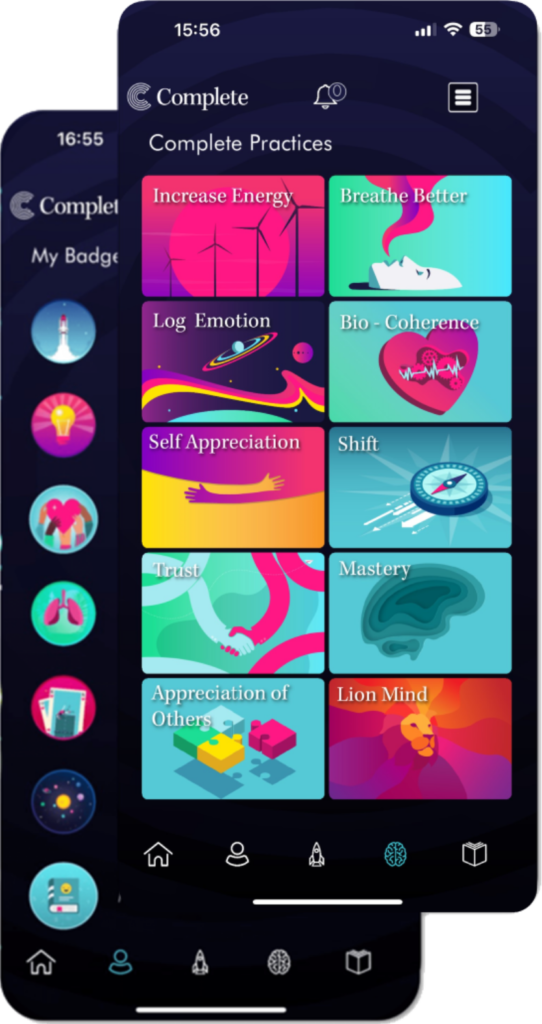
Our impact
Proof that our tools help accelerate your growth
What they say about us
Check out the impact we have on just a few of our client list
TED Talks
With over 10 million views, Alan is well known for his TEDx lectures.






